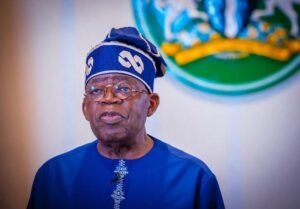Presidents of Somali, Afar regions of Ethiopia reach agreement to end border conflict

The presidents of the Somali and Afar regions of Ethiopia have reached an agreement to end the ongoing conflict in the border areas between their respective administrations.
The conflict, which has flared up repeatedly between the Somali and Afar ethnic groups in Ethiopia, has resulted in numerous deaths, injuries, and displacements over the years despite several attempts to resolve it.
A crucial meeting was held in Addis Ababa on Thursday between the two regional presidents and senior leaders from the federal government of Ethiopia to address the conflict in the Siti region. Following the discussions, the local leaders successfully reached a consensus to bring peace to the troubled area.
Mustaf Muhammad Omar, President of the Somali Regional Government, and his counterpart from the Afar Regional Government, Awol Arba, expressed their commitment to ending the long-standing conflict. At a press conference following the agreement, both leaders emphasized their focus on achieving lasting peace.
President Mustaf Omar highlighted that high-level discussions were conducted regarding the conflicts between the Somali and Afar communities. He stated, “The agreements we reached will take effect immediately. The first step is to cease hostilities. Then, we will engage in public dialogue through a democratic constitutional system to resolve our differences.”
He further added that it was agreed upon to address misunderstandings through dialogue, involving all parties, including the federal government and established committees, in the peace process.
President Awol Arba of the Afar Regional Government reiterated their readiness to end the border conflict. “Despite numerous discussions and efforts to resolve these issues, the conflict has persisted. However, in recent discussions with top federal leaders, we have agreed to find a grassroots solution. Given the current loss of life, both regions have committed to ending the conflict,” he remarked.
He also emphasized the need to address the root causes of the conflicts through a constitutional system of peace, underscoring the importance of sustainable and peaceful resolutions.









